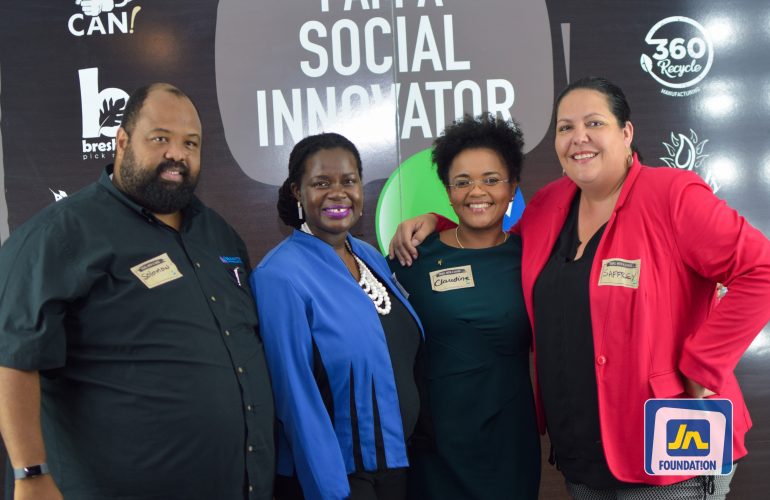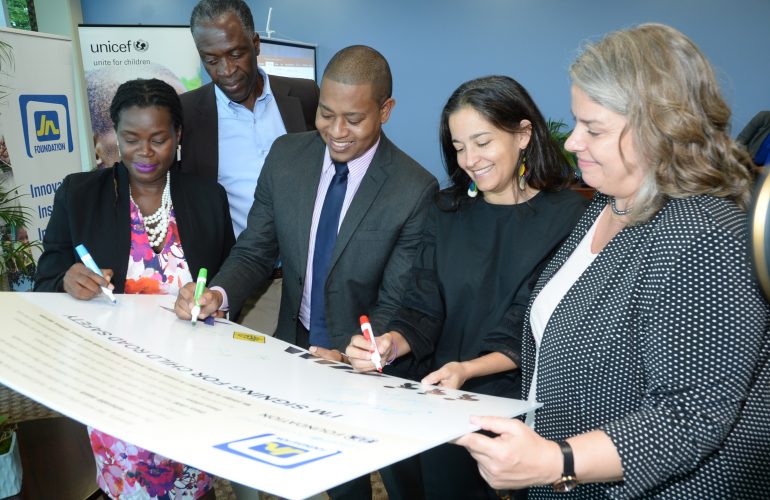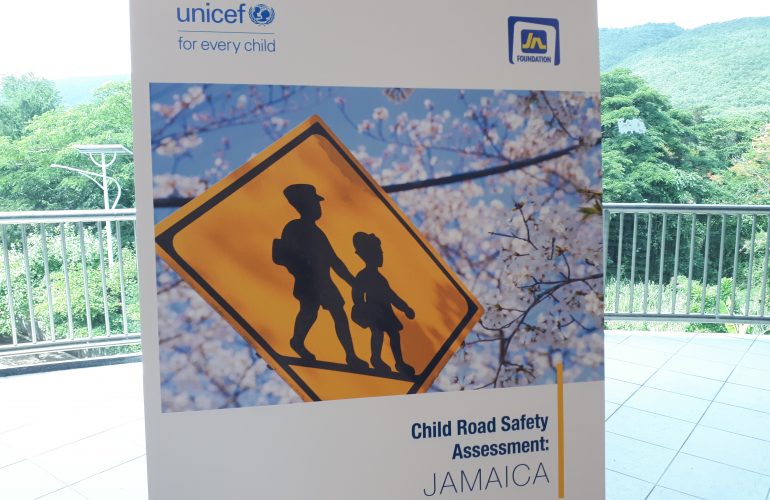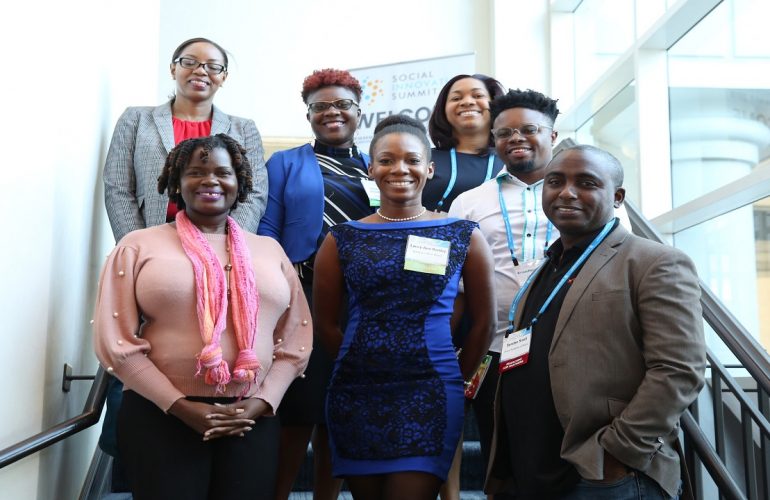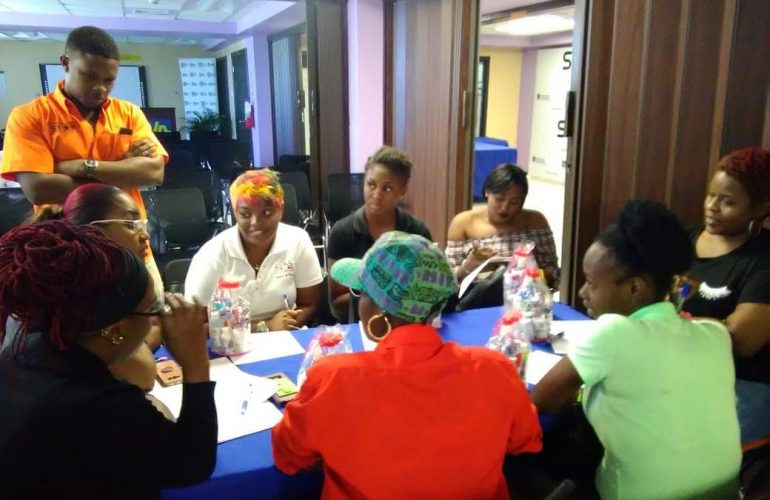JN Water Project Urges Conservation with Special Devices
With some parishes across the country already experiencing drought conditions and others forecasted to be affected into September, Jamaicans are being urged to conserve water and implement measures that will assist in saving the precious commodity.
The JN Foundation through its Water Project is encouraging Jamaicans to make necessary changes to help save water. These changes include the use of general conservation practices as well as considering the installation of water saving devices such as high efficiency shower heads, low flush toilets, kitchen and bathroom aerators.
The water project’s encouragement is timely given that the Meteorological (Met) Service of Jamaica has issued a Drought Alert for sections of St Catherine, Clarendon and Portland and has noted that during the period, July to September, the forecasts are indicating a high possibility of warmer-than-normal temperatures and below-normal rainfall.
Onyka Barrett Scott, acting general manager of the JN Foundation, which manages the Water Project said that given the drought situation, it would be prudent for everyone to implement practical measures, such as seeking to use less water and inspecting all pipes, toilets and faucets for leaks.
“Replace inefficient fixtures with water saving devices, which are either Water Sense Labeled, or use 20-25 per cent less water than standard units,” Mrs. Barrett Scott advised.
According to the National Water Commission (NWC), water consumption at home can be reduced by as much as 30 per cent, by using proper water saving devices and good conservation practices.
Mrs. Barrett Scott informed that through the four year water project, the JN Bank & JN Foundation will collaborate with the Inter- American Development Bank (IDB) and the Pilot Program for Climate Resilience (PPCR), to assist Jamaicans to adapt to climate change; and implement measures that will result in more efficient use of water.
“The Water Project Jamaica focuses on the important role that householders and real estate developers can and should play, through the adaption of water efficiency technologies which can help us better manage our use of water,” she said.
The project seeks to raise awareness about the threats of climate change; and, also build local capacity, to design and install water adaptation measures; to foster entrepreneurship and local innovation as well as, to provide loans to implement new technologies. The loan component of the project is scheduled to come on stream in the latter quarter of 2018.
In the interim, Jamaicans should begin to take action in their respective households to be more responsive to changing climatic conditions.
For additional steps you can take to be more water efficient at home, persons can read the Water Project’s Homeowner’s Guide to Water Use efficiency at http://www.waterprojectja.com/resources/




